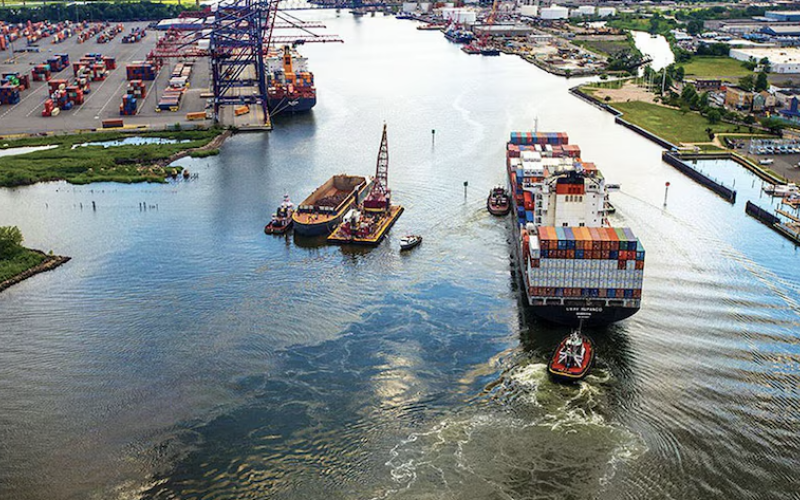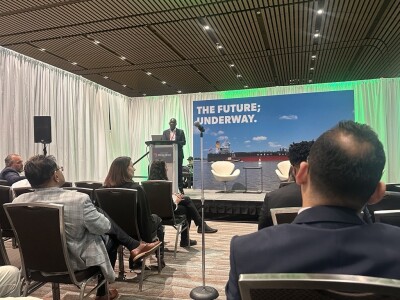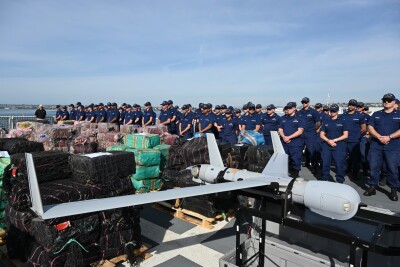The chief engineer and second engineer of a Greek-flagged tanker admitted to charges over a discharge of oily waste near a New Jersey petroleum terminal in 2022 and concealing the pollution by falsifying records, U.S. attorneys said May 7.
Konstantinos Atsalis, 57, chief engineer of the 600’x105’, 50,000 gwt tanker M/T Kriti Ruby, pleaded guilty before U.S. District Court Judge Esther Salas in Newark, N.J., federal court to an information charging him with two counts of violating the Act to Prevent Pollution from Ships, including falsifying the vessel’s oil record book.
Sonny Bosito, 54, the second engineer of the M/T Kriti Ruby, pleaded guilty to an information charging him with violating the Act to Prevent Pollution from Ships, according to a statement from U.S. Attorney Philip R. Sellinger and Assistant Attorney General Todd Kim in Newark.
Atsalis admitted that the vessel’s crew had knowingly bypassed required pollution prevention equipment by discharging oily waste from the vessel’s engine room through its sewage system into the sea, including near a petroleum offloading facility in Sewaren, N.J., on the Arthur Kill waterway between New Jersey and Staten Island in September 2022.
Illegal bypass connections to dump oily waste overboard – also called “magic pipe” in the argot of violators and U.S. Coast Guard pollution investigators – have long been a target of the Coast Guard and federal prosecutors.
The Arthur Kill, a narrow tidal channel in the Port of New York and New Jersey, is home to a number of petroleum terminals. The Coast Guard, marine police and local environmental groups keep aggressive watches out for pollution from the industrial waterfronts.
Atsalis also admitted that he falsified the vessel’s oil record book, a required log regularly inspected by the U.S. Coast Guard, by failing to record the discharge.
“Atsalis admitted that he directed crew members to hide equipment used to conduct transfers of oily waste from the engine room bilge wells to the sewage tank before the Coast Guard boarded the vessel,” according to the U.S. attorney’s office.
Bosito admitted concealing the discharge of oily waste into the sea through the vessel’s sewage system by causing a false oil record book to be presented to the U.S. Coast Guard during its inspection of the vessel. Bosito admitted directing crew members to hide equipment used to conduct transfers from the bilge wells to the sewage tank before the Coast Guard’s inspection.
The charges to which Atsalis and Bosito pleaded guilty each carry a maximum penalty of six years in prison and a fine of $250,000, or twice the gross gain or loss resulting from the offense, whichever is greatest. Sentencing for both defendants is scheduled for Oct. 22, 2024.
U.S. Attorney Sellinger and Assistant Attorney General Kim credited special agents of the U.S. Coast Guard Investigative Service, under the direction of Acting Special Agent in Charge Steven M. Frith, with the investigation leading to the guilty pleas.





